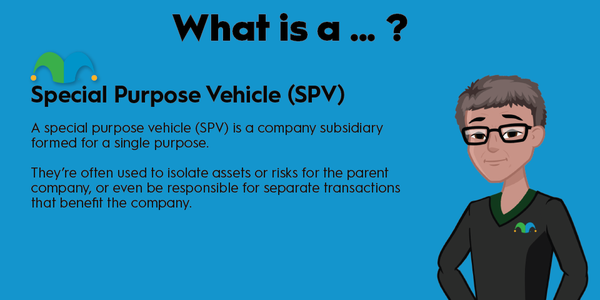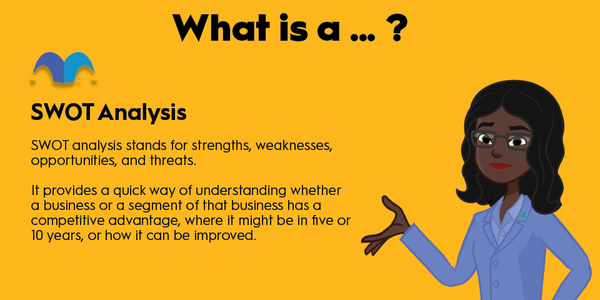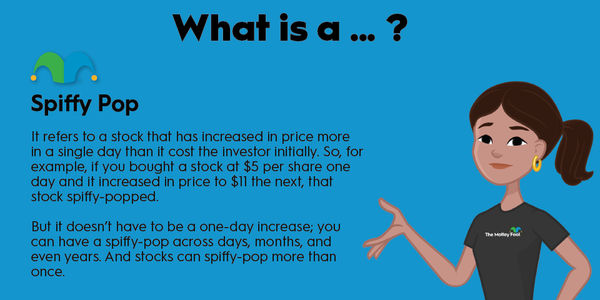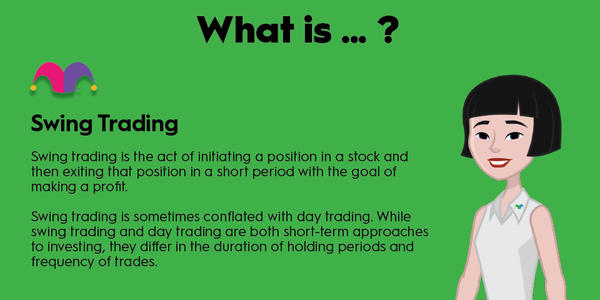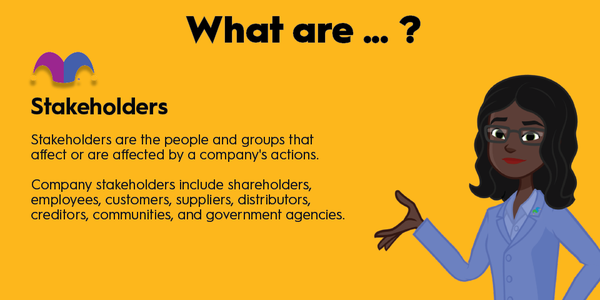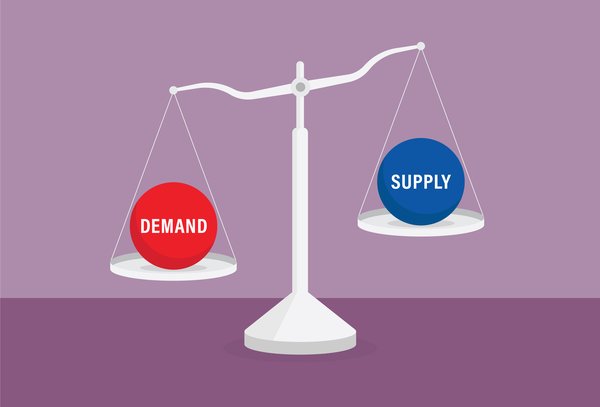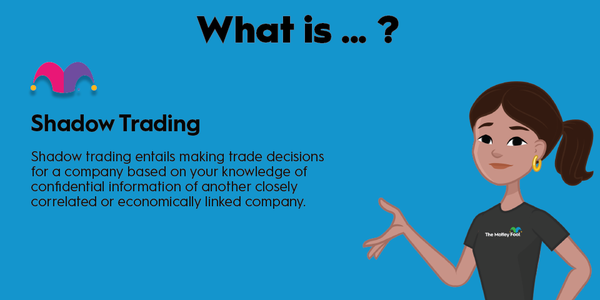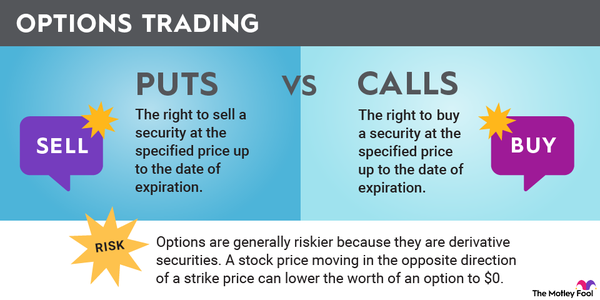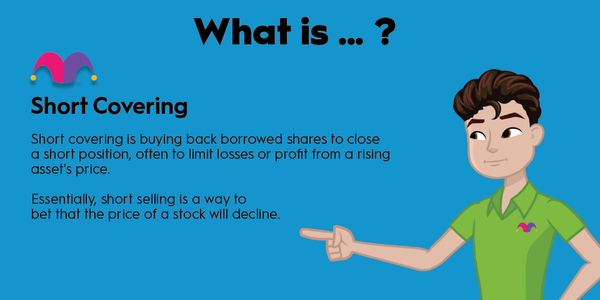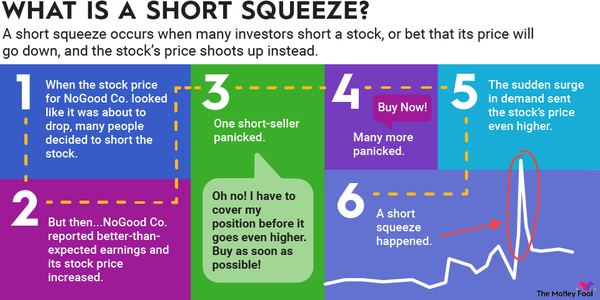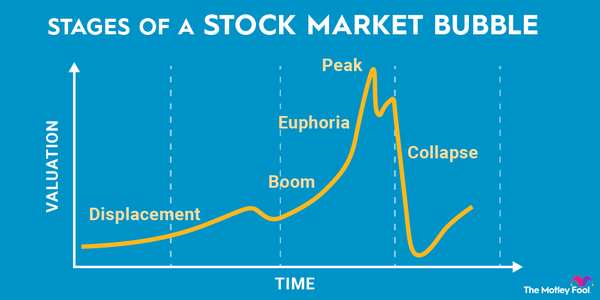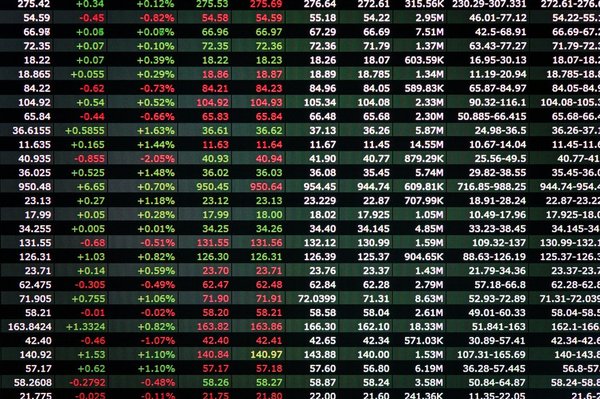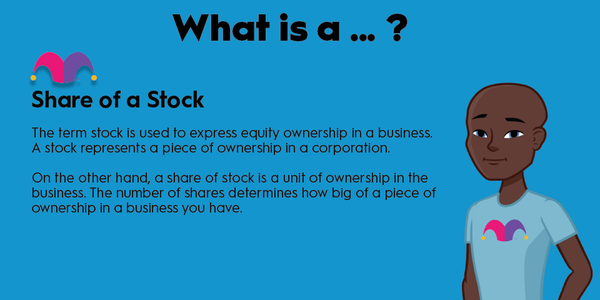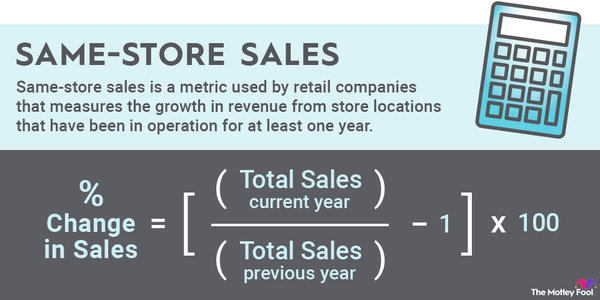Small and midsize enterprises (SMEs) are companies whose size (e.g., number of employees, revenue, etc.) falls below a specified limit. That threshold varies by country since each defines SMEs differently.
Here's a closer look at SMEs and their vital role in the world.

What are small and midsize enterprises (SMEs)?
What are small and midsize enterprises (SMEs)?
SMEs are businesses whose size falls below a certain threshold. Limits vary by country and industry.
For example, the U.S. Small Business Administration (SBA) has set size standards of revenue or number of employees for every industry to determine if a company qualifies as a small business. In agriculture, a soybean farmer pulling in $2.25 million or less in revenue qualifies as a small business, but the standard climbs to $19 million for chicken egg production. Meanwhile, the threshold for a small manufacturing business can be between 500 and 1,500 employees, depending on the company’s product.
Other countries have more standard classifications of small businesses that are based on the number of employees. For example, in Canada, a small business has between five and 99 employees, while a medium business has 100 to 499 employees. In the European Union, the cutoff for a small business is a company with fewer than 50 employees, while a midsize enterprise is one with fewer than 250 employees.
Revenue
Why are SMEs important?
Why are small and midsize enterprises (SMEs) important?
SMEs might be smaller than large multinational corporations, but they're mighty. They are the backbone of the economy. In the U.S., there are more than 30 million SMEs -- 99.9% of all businesses, according to the SBA. SMEs account for almost half the U.S. workforce (47.1%), and they've created two-thirds of all net new private sector jobs over the past few decades.
SMEs tend to grow faster than larger companies, allowing them to create more jobs and pay higher wages than their larger competitors. They also tend to be more innovative than larger companies. Their smaller size also enables them to adopt new technologies faster.
What makes SMEs different?
What makes small and midsize enterprises (SMEs) different?
SMEs have several advantages over larger enterprises. They are:
- More flexible: SMEs don't have large organizational structures, so they can make decisions more quickly and capitalize on emerging opportunities before their larger competitors.
- Closer relationships with customers: SMEs tend to operate locally, allowing them to maintain closer contact with customers and provide more personalized services.
- Better communication: With fewer employees, communication is easier and more effective in SMEs.
- Faster growth: SMEs can grow much faster than larger companies because they're starting from a lower base.
Because they're often much earlier in their growth cycle, SMEs can deliver higher sustained growth rates than larger companies and produce higher returns for their investors.
How to invest in the growth of SMEs
How to invest in the growth of SMEs
Most SMEs are too small to trade on public stock market exchanges, limiting the opportunity to invest in these fast-growing companies. However, investors do have ways to capitalize on the growth of SMEs. One option is investing in companies that provide SMEs with important services.
For example, BILL (BILL 3.21%) is a leader in providing financial automation software for SMEs. The company's solutions currently empower more than 400,000 small businesses to automate their finances, saving them time and money. BILL sees an enormous market opportunity to drive its continued expansion, given that there are more than 100 million SMEs worldwide.
Paycom Software (PAYC 1.24%) is another company focused on providing software solutions for SMEs. The company's cloud-based HR software enables SMEs to manage their payroll and other HR functions, saving them time and money. The company ended 2022 with more than 35,500 total clients. Paycom estimates that it only has a 5% share of a large and growing market for HR software solutions as it continues to serve SMEs and expands its reach to larger companies with more employees.
